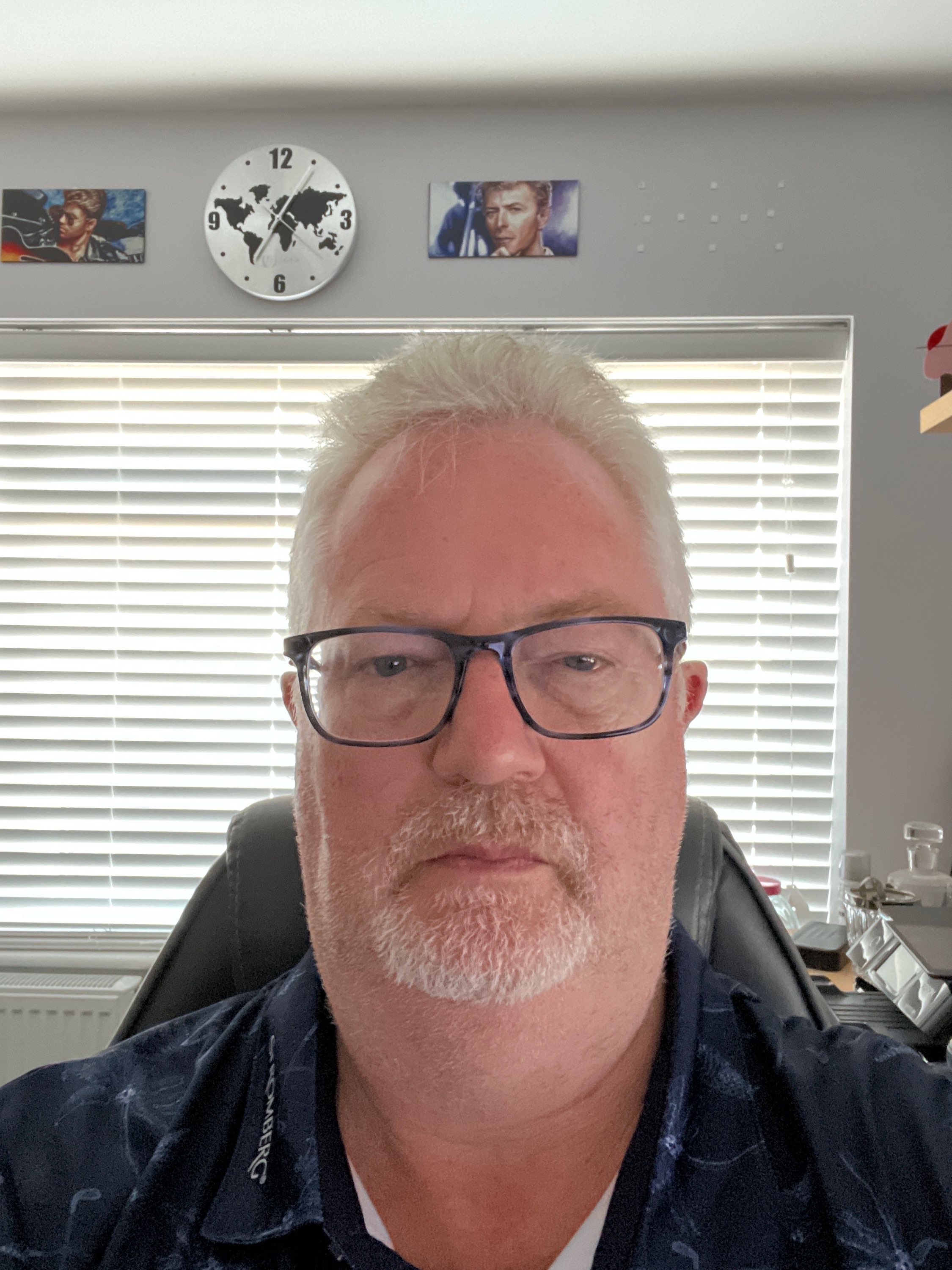Vast launches with mission to develop world’s first artificial-gravity space station
- Satellite Evolution

- Sep 13, 2022
- 2 min read

Vast, a pioneer in space habitation technologies, is pleased to announce its official launch. Vast is developing artificial-gravity space stations to enable scalable solutions for human productivity in space. Founded by tech visionary Jed McCaleb, who is renowned for projects such as Stellar, the Astera Institute, Ripple, and eDonkey2000, Vast is building a world-class team of engineers to develop the future of space, with the support of multiple, seasoned industry experts including advisor Hans Koenigsmann, a distinguished aerospace engineer and former vice president at SpaceX.
“Vast’s mission is to enable a future where millions of people are living across the solar system,” said McCaleb. “The solar system has an incredible amount of resources. If we had access to those resources, our civilization could grow and thrive while preserving our planet. Once large populations of humans can live in space, we can create the industry and infrastructure needed to access those resources at-scale.”
McCaleb is also the founder of Astera Institute, a nonprofit focused on science and technology research in “high leverage” areas that could lead to massive returns for humanity.
McCaleb added, “I have always believed in leveraging technology to reduce inefficiency and improve the human condition. To expand human habitation in space, we have to create technologies that perfect sustainability.”
Over the last decade, private companies have led incredible innovation in the launch industry, drastically lowering the cost-to-orbit. The potential of next-generation launch vehicles promises to reduce the cost of launch even further. Larger structures and broader visions for working and living off-planet are now a possibility.
According to McCaleb, “The next step for innovation is habitation. We are developing low-cost stations and artificial gravity so that people can live in space for long periods of time without the permanent side effects of zero-gravity.”
Prolonged exposure to zero-gravity results in harmful side effects such as muscle atrophy, bone loss, and even brain damage. Today’s astronauts must limit their visits to space to reduce the damaging toll on their bodies. Artificial gravity provides a healthier environment for long-term stays in space. With a large spinning structure, the resulting centrifugal force creates a gravity-like pull.
Today, Vast is assembling a world-class team while rapidly making progress with multiple sub-system development tests on the roadmap towards their future stations. The current team is industry-seasoned with broad experience designing and building the most advanced vehicles in the world.
“We still crave new frontiers, with many of us spending our lives anticipating the time when space will be unlocked for us,” said McCaleb. “By pushing our frontiers and expanding our habitat into the vastness of space, we may actually preserve Earth for thousands of years and generations to come.”
The experience and dexterity of the Vast team will lead to the development of a vibrant space ecosystem that will ultimately enable further human expansion into the solar system.



Comments